Category Archives: Tests and Assessments

The Chaos Management Skills Assessment Series: A Test Translation Case Study Episode 3 – Translation Technology and Support to translators
by Steve Dept, cApStAn CEO By now, readers of this informative series on good practice in test translation are aware that the Chaos Management Skills Assessment is a fictitious project, which we set up for the exclusive purpose of the series. The purpose is to illustrate the complexity of test translation and the added value …
Read More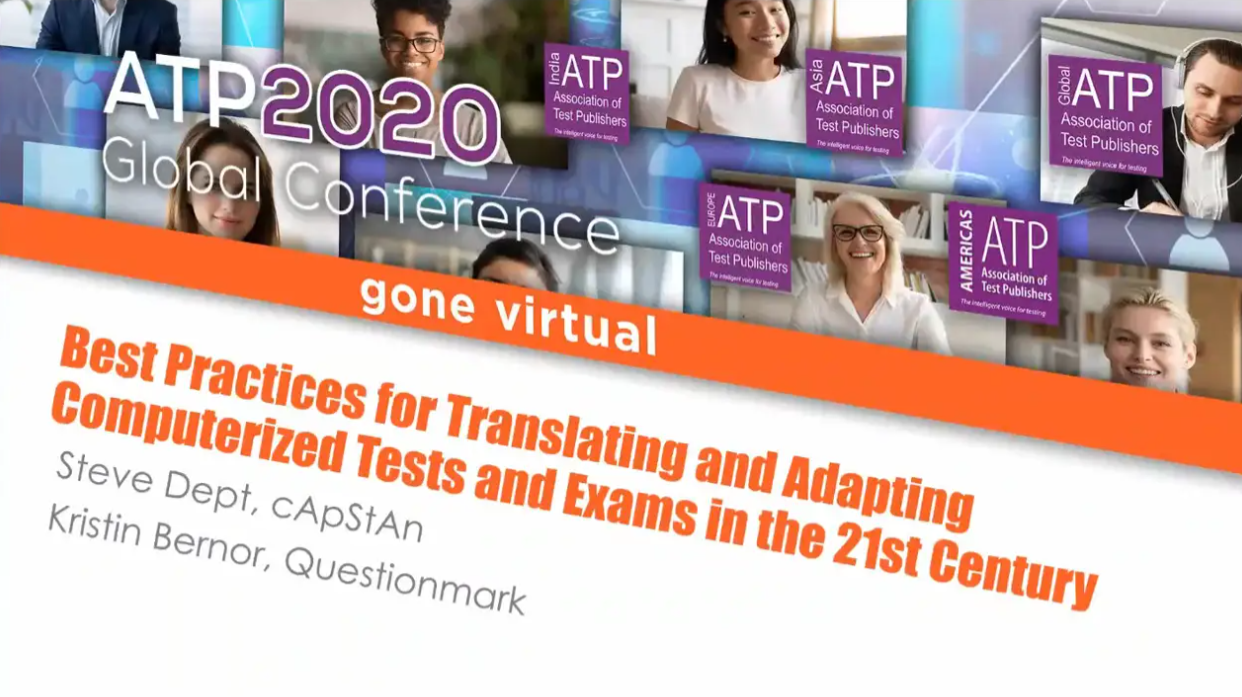
Best Practices for Adapting and Translating Computerized Tests and Exams in the 21st Century
by Kristin Bernor, Questionmark and Steve Dept, cApStAn It takes more than a good translation provider and a good platform to ensure that an assessment can reliably measure cognitive and non-cognitive skills across languages and cultures. Of course, most sophisticated testing environments support multiple languages, but they may fail to enable workflows that harness the …
“Best Practices for Adapting and Translating Computerized Tests and Exams in the 21st Century”
Read More
The Chaos Management Skills Assessment Series: A Test Translation Case Study Episode 1 Retrieving and leveraging existing translations
by Steve Dept, cApStAn CEO Please don’t spend too much time looking up the Chaos Management Skills Assessment. It is a fictitious project, which we set up for the exclusive purpose of this informative series on good practice in skills assessments translation. We have collated events and features from several multilingual assessments on which we …
Read More
How a test “travel agent” can help identify the most efficient workflows when assessments, or components thereof, don’t all travel the same routes
by Pisana Ferrari – cApStAn Ambassador to the Global Village At the recent ATP 2020 global event, a conference gone virtual, our CEO, Steve Dept, presented an innovative approach to test translation and test localisation. He introduced a diagnostic model for a “test travel agent”. Test items do not necessarily take the same translation route: …
Read More
Cross-cultural variations in the meaning of emotions and challenges in translation, especially when the stakes are high
by Pisana Ferrari – cApStAn Ambassador to the Global Village “Does joy, by any other name, in another language, still taste as sweet, and fear still sting as bitter?” asks Marianna Pogosyan, Ph.D. lecturer in Cultural Psychology, in a recent article for Psychology Today. The article refers to a study published in Science where researchers …
Read More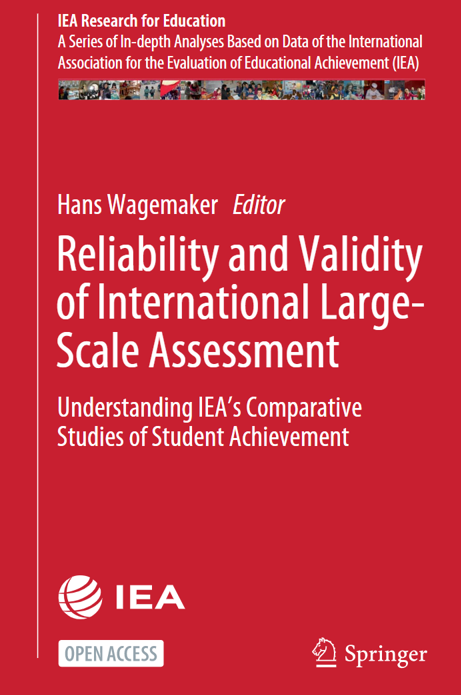
IEA involves top researchers and time-served field practitioners in new open access publication on ILSAs
The International Association for the Evaluation of Educational Achievement (IEA) has to be credited with pioneering international large-scale assessments (ILSAs) and with setting the bar very high in terms of methodology. The IEA also shares data and information with education stakeholders, policy-makers, researchers and field practitioners. In this spirit, the new volume edited by Dr …
Read More
How to leverage neural machine translation in test item translation
by Pisana Ferrari – cApStAn Ambassador to the Global Village Advances in artificial intelligence (AI) have opened up enormous opportunities in the field of translation. Today, with a well-designed – hybrid – workflow that combines human expertise and neural machine translation (NMT), it is technically possible to produce multiple language versions of test item banks …
“How to leverage neural machine translation in test item translation”
Read More
Redefining the Concept of “Master Version” in Multilingual Test Items by Mitigating the Anglo-Saxon Legacy
by Pisana Ferrari – cApStAn Ambassador to the Global Village Functional equivalence of test items across different languages and cultures is essential in order to ensure comparability of data. In the course of our 20+ year experience in linguistic quality assurance (LQA), in particular for major international large scale assessments (ILSAs), we have seen that …
Read More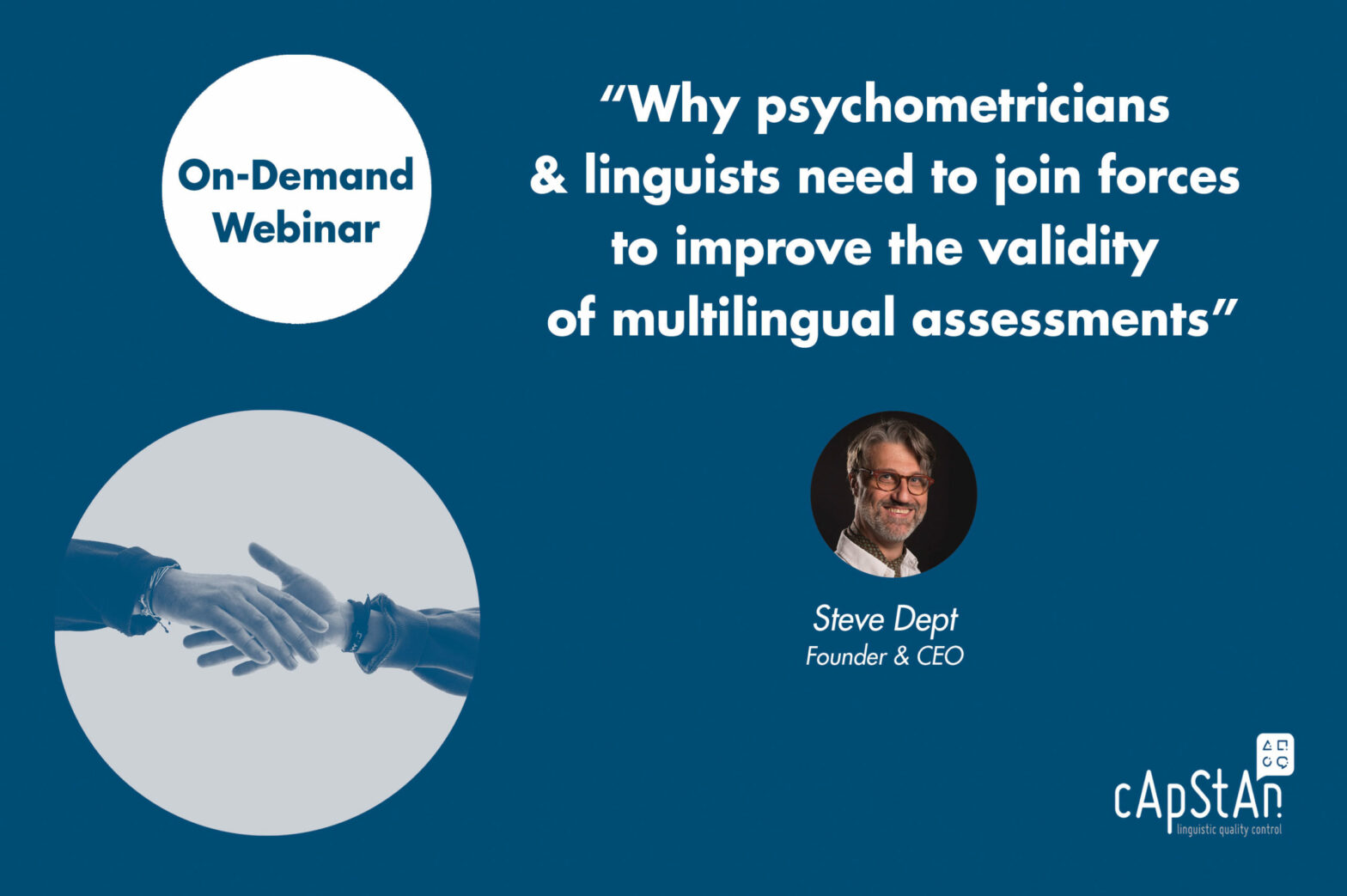
On-Demand Webinar | Why psychometricians & linguists need to join forces to improve the validity of multilingual assessments
Why psychometricians & linguists need to join forces to improve the validity of multilingual assessments Speakers – Steve Dept, Founder & CEO Recorded Live on Aug 19, 2020 | Duration: 45 minutes Carefully crafted assessment tools too often depend on subtle wording choices, which are expected to trigger certain reactions in respondents (or not). This is …
Read More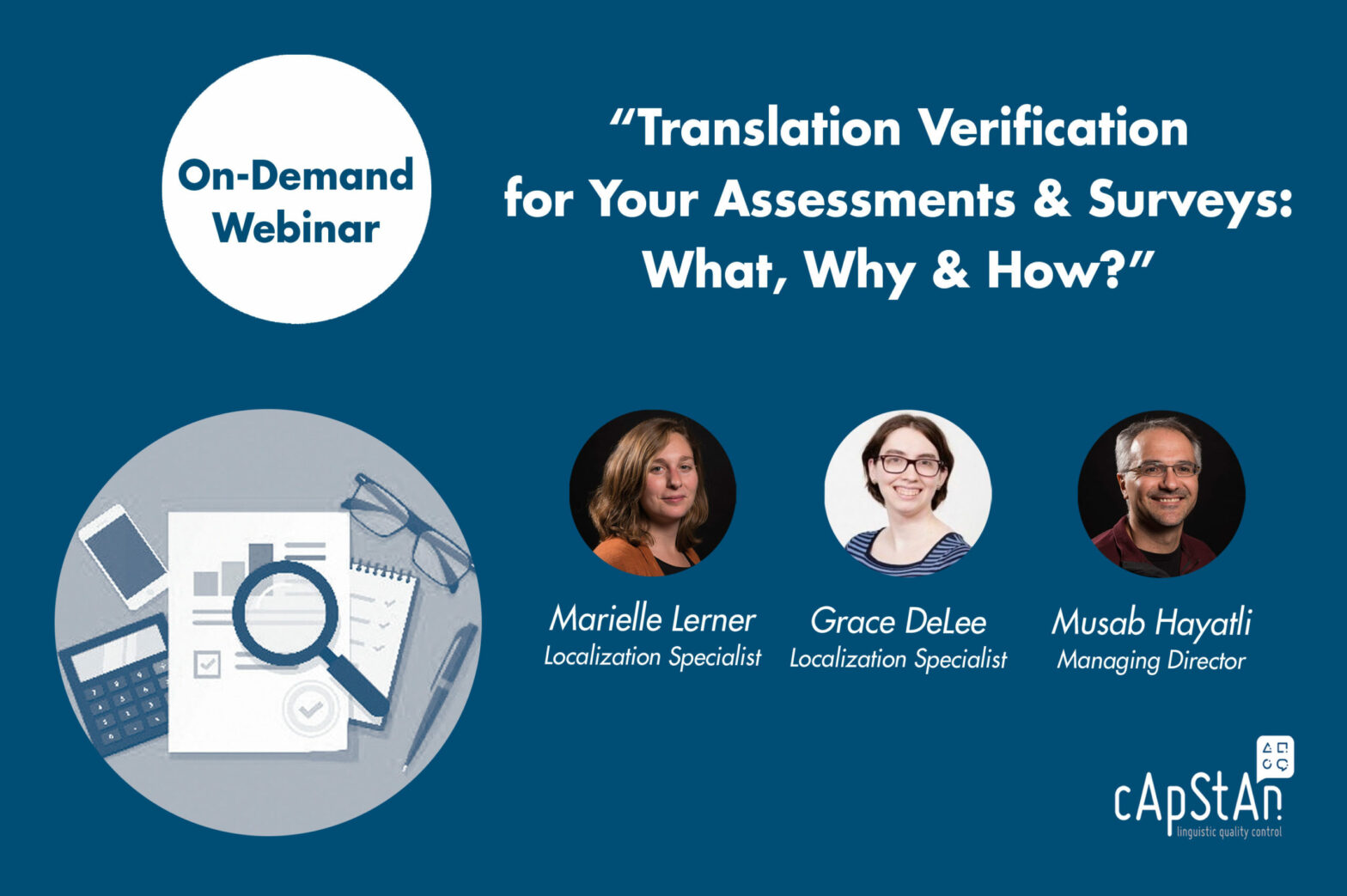
On-Demand Webinar | Translation Verification for Your Assessments & Surveys: What, Why & How?
Translation Verification for Your Assessments & Surveys: What, Why & How? Speakers – Marielle Lerner, Localization Specialist | Grace DeLee, Localization Specialist | Musab Hayatli, MD-Americas Recorded on July 22, 2020 | Duration: 45 minutes At a previous webinar we discussed the pros and cons of using back-translation to evaluate the quality of your translated tests and questionnaires. We also introduced …
“On-Demand Webinar | Translation Verification for Your Assessments & Surveys: What, Why & How?”
Read More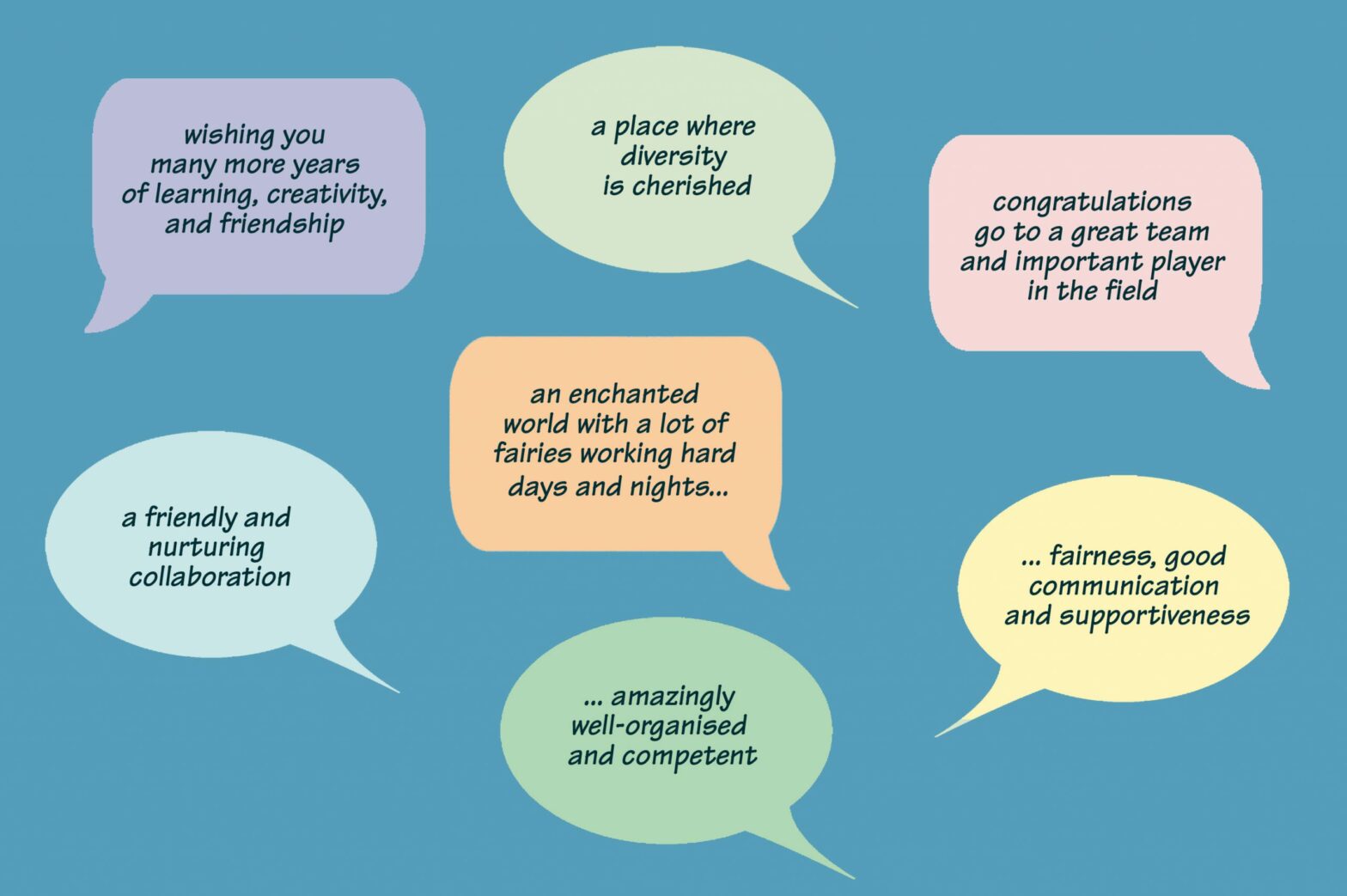
2000-2020. What they say about cApStAn
cApStAn Linguistic Quality Control is the language service provider with a holistic approach to translation and adaptation of multilingual assessments and surveys. cApStAn also stands for a certain lifestyle and spirit: “excellence among friends”, as one of the founding partners likes to put it. Over the past 20 years we have had the privilege of …
“2000-2020. What they say about cApStAn”
Read More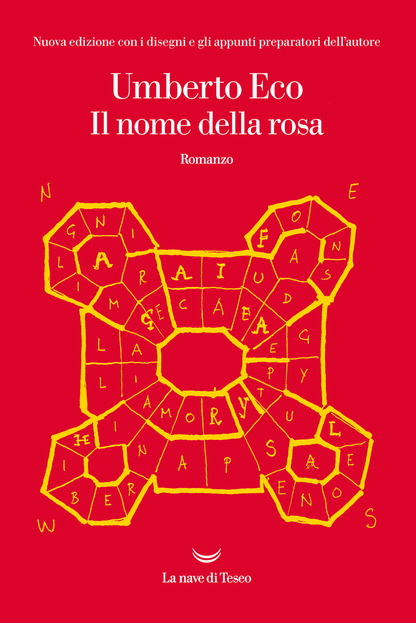
Translating “The name of the Rose”, an example of a linguistic quality assurance process applied to literature
by Pisana Ferrari – cApStAn Ambassador to the Global Village In 1983 Italian academic, historian, semiologist, journalist and author Umberto Eco published his first novel, Il nome della rosa (The name of the rose). The book became a literary event almost overnight and was on the best-seller list practically everywhere for months. It was translated …
Read More